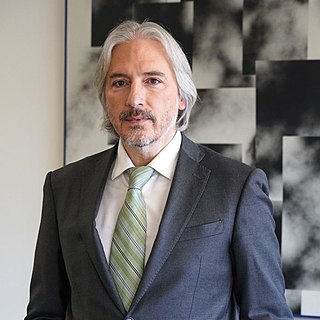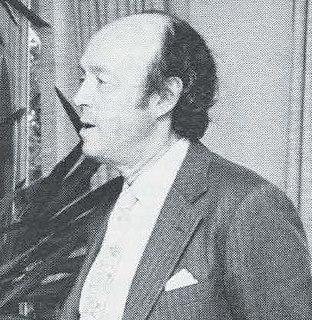A Quote by Lupe Fiasco
I think that American presidents, that position in itself, as well as American foreign policy, it has terrorism in it. CIA agents going to overthrow certain governments - they're using terrorist tactics. They're not going in there like, 'Hey, you wanna have some cake?'
Related Quotes
Well, I'm telling them two things. One is that, look, this is going to be something when the American people realize - once it's passed - that, A, it does take care of preexisting conditions; B, you're insurance rates aren't going to skyrocket; C, the insurance companies aren't going to be running the show like they were before; D, you're going to be in a position where you can keep your insurance that you have. That once the American public realizes that, you're going to get a reward for this. They're going to be rewarded.
Bipartisanship on behalf of an imprudent policy can be folly, just as partisanship on behalf of a just cause can be wise. What is clear is that politics will not stop at the water's edge simply because presidents plead for it. American foreign policy will return to the tradition of Truman and Vandenberg only when the American public demands it.
There are those who would draw a sharp line between power politics and a principled foreign policy based on values. This polarized view - you are either a realist or devoted to norms and values - may be just fine in academic debate, but it is a disaster for American foreign policy. American values are universal.




































